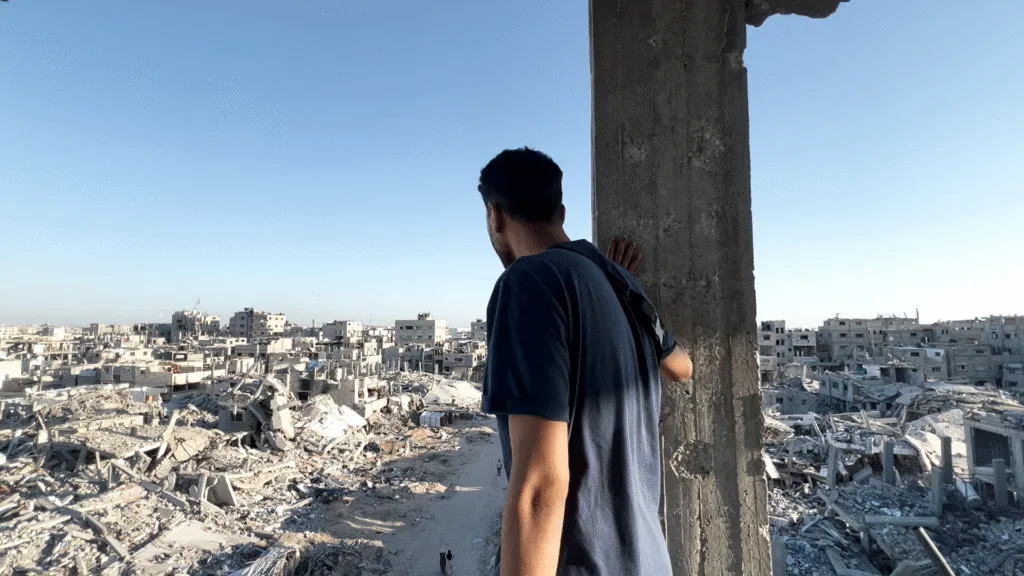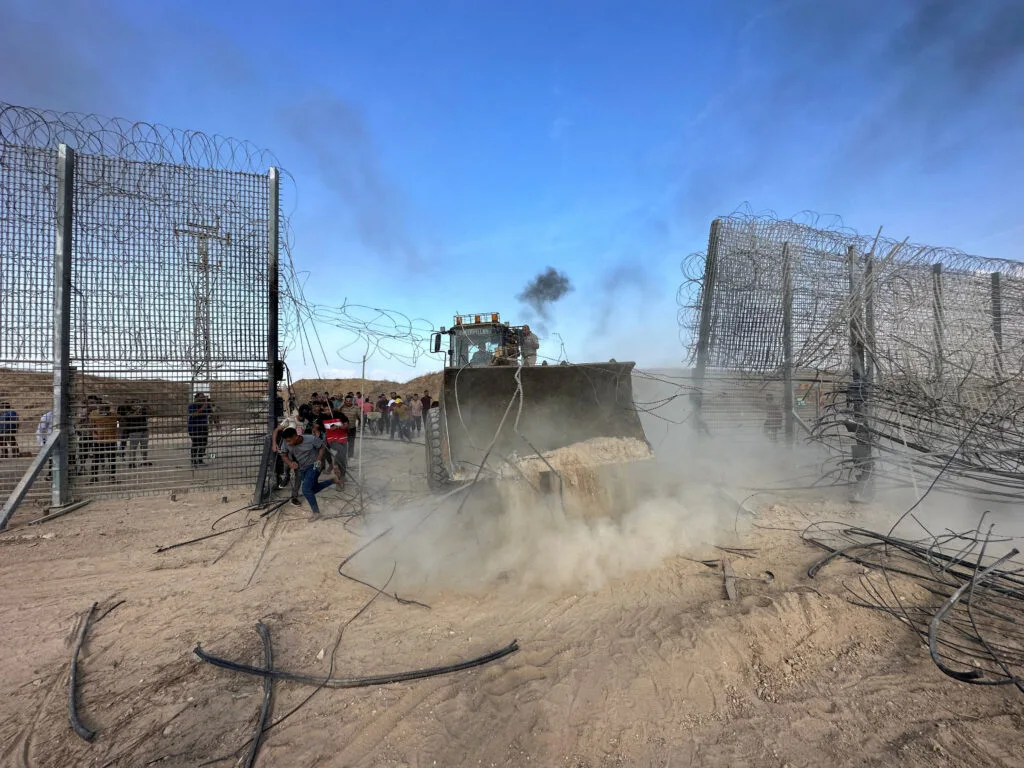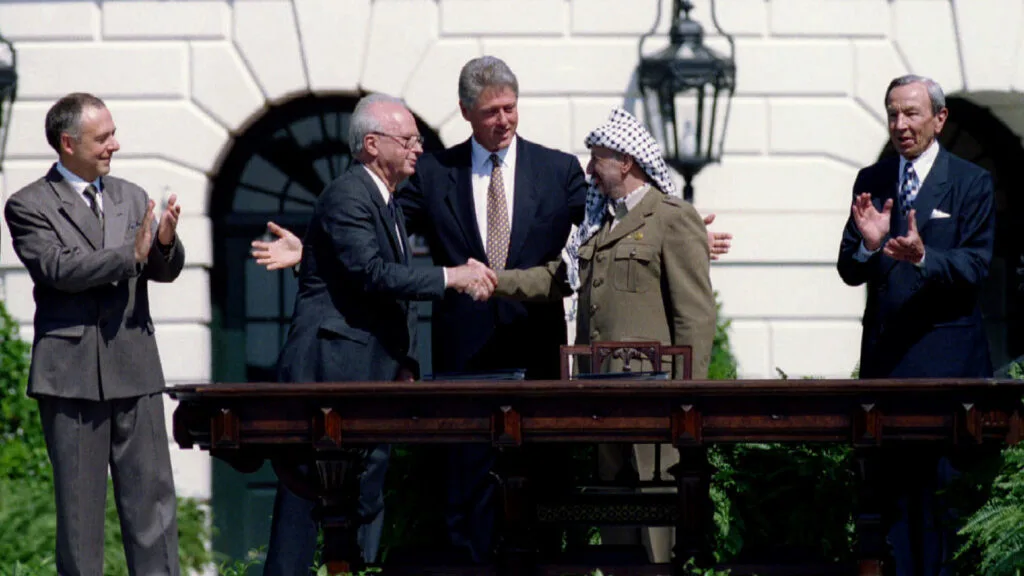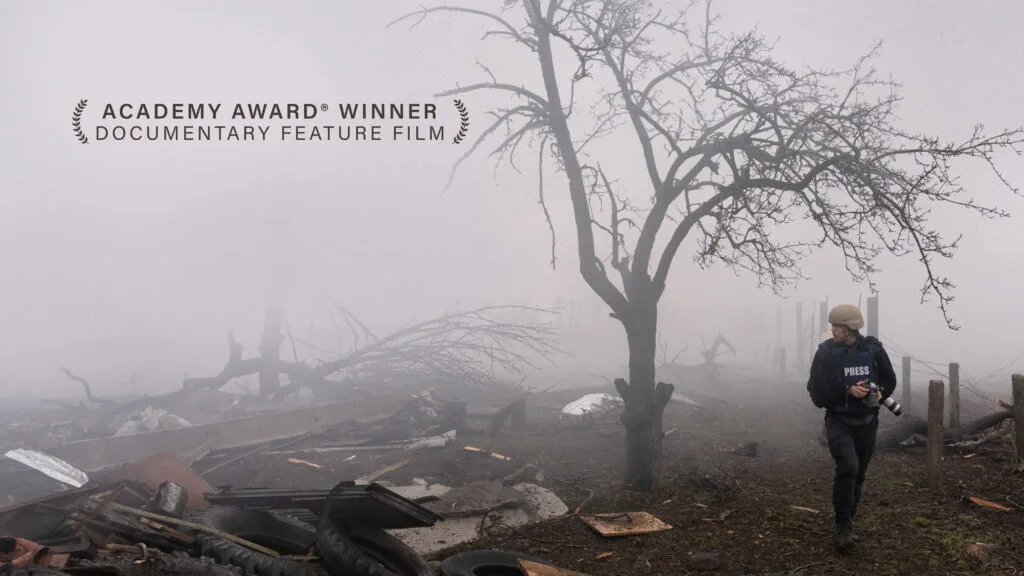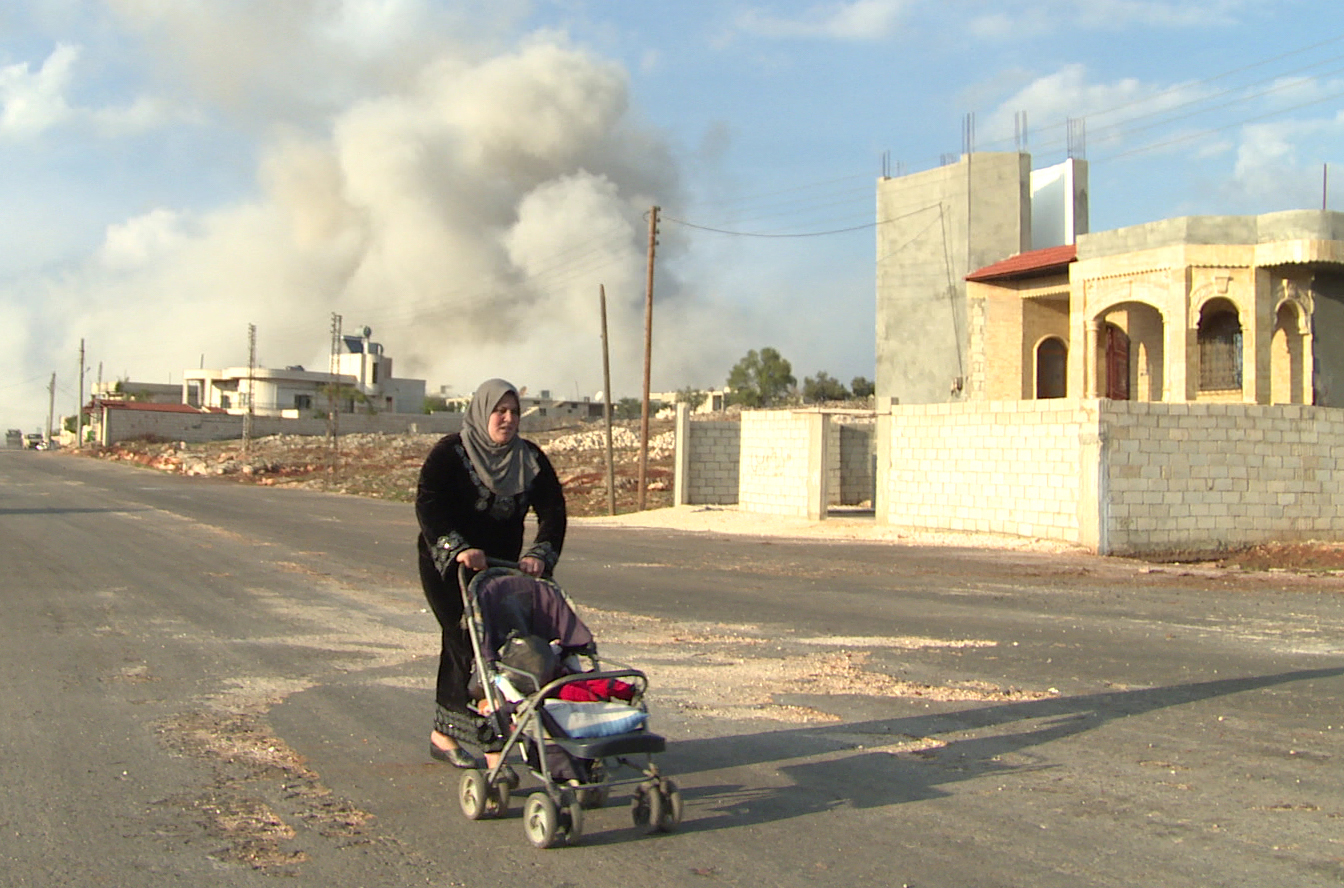Can the U.S. Keep Its Weapons From Extremists in Syria?

June 14, 2013
Share
In a reversal of long-standing U.S. policy, the Obama administration moved Thursday to provide direct military support, including small arms and ammunition, to Syrian rebels.
The development came after U.S. intelligence determined that President Bashar al-Assad has used chemical weapons against rebel forces on at least four occasions. In a statement, Deputy National Security Adviser Ben Rhodes said that an estimated 100 to 150 Syrians have been killed in attacks using sarin gas.
“The president has said that the use of chemical weapons would change his calculus, and it has,” Rhodes said.
Until now, the White House has kept its intervention in Syria limited, providing roughly $515 million in humanitarian assistance to the opposition, such as food and medicine. But extending support beyond nonlethal aid has proved complicated. As FRONTLINE reported in The Battle for Syria, rebels in the country have grown increasingly Islamist and extreme, prompting concern within the administration that U.S. weapons could fall into the wrong hands.
The challenge ahead will be preventing such a scenario, a task most experts believe will be difficult if not impossible.
“We need to be clear-eyed about the fact that there is almost inevitably going to be some leakage to groups that we don’t want to get these kinds of weapons,” said Brian Fishman, a counterterrorism research fellow with the New America Foundation. “Even a perfect program — as perfectly designed and implemented a program as can be conceived by man — is still going to have holes.”
Initial arms shipments — which The Washington Post reported will be handled by the CIA — are expected to begin in a matter of weeks. That provides the U.S. with a small window to vet which members of the opposition will make reliable partners.
“There are geographic parameters for some of the rebel groups,” explained Fishman. That distribution, he said, allows the U.S. to focus on distributing arms and ammunition to “areas where the most virulent organizations aren’t as active.”
The U.S. has ways to track its weapons in Syria, but no option is perfect. Serial numbers, for example, can be easily removed. The same goes for digital geo-trackers that can be attached to guns. Certain weapons can be equipped with safeties that require a user’s hand or palm print to unlock it, but the technology is costly and largely impractical for a battlefield setting.
“As soon as [a weapon] leaves your hands, we don’t have control anymore,” said Joseph Holliday, a fellow at the Institute for the Study of War. “All we can do is have control over the way in which it’s introduced into the country. If we can do that in a way that empowers actors that we are in favor of being in charge at some point, then great.”
Rather than focus solely on preventing the spread of weapons, Holliday says the U.S. needs to recognize that arming the rebels is only “a means to an end.”
“If we let that become the primary consideration in providing weapons,” he said, “then we are going to undercut our ability to accomplish the primary mission.”

Related Documentaries
Latest Documentaries
Related Stories
Related Stories
Explore
Policies
Teacher Center
Funding for FRONTLINE is provided through the support of PBS viewers and by the Corporation for Public Broadcasting, with major support from Ford Foundation. Additional funding is provided the Abrams Foundation, Park Foundation, John D. and Catherine T. MacArthur Foundation, Heising-Simons Foundation, and the FRONTLINE Trust, with major support from Jon and Jo Ann Hagler on behalf of the Jon L. Hagler Foundation, and additional support from Koo and Patricia Yuen. FRONTLINE is a registered trademark of WGBH Educational Foundation. Web Site Copyright ©1995-2025 WGBH Educational Foundation. PBS is a 501(c)(3) not-for-profit organization.




